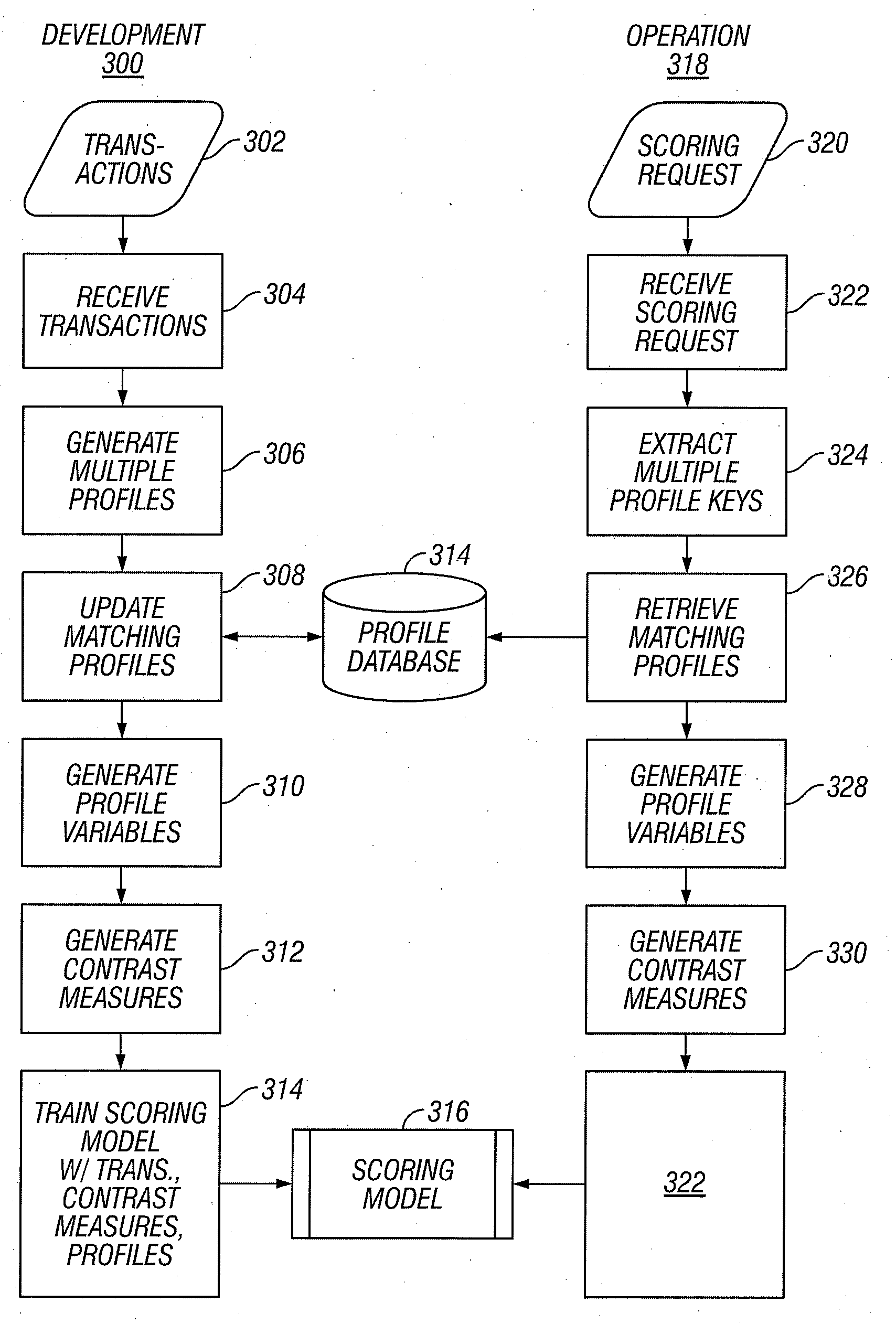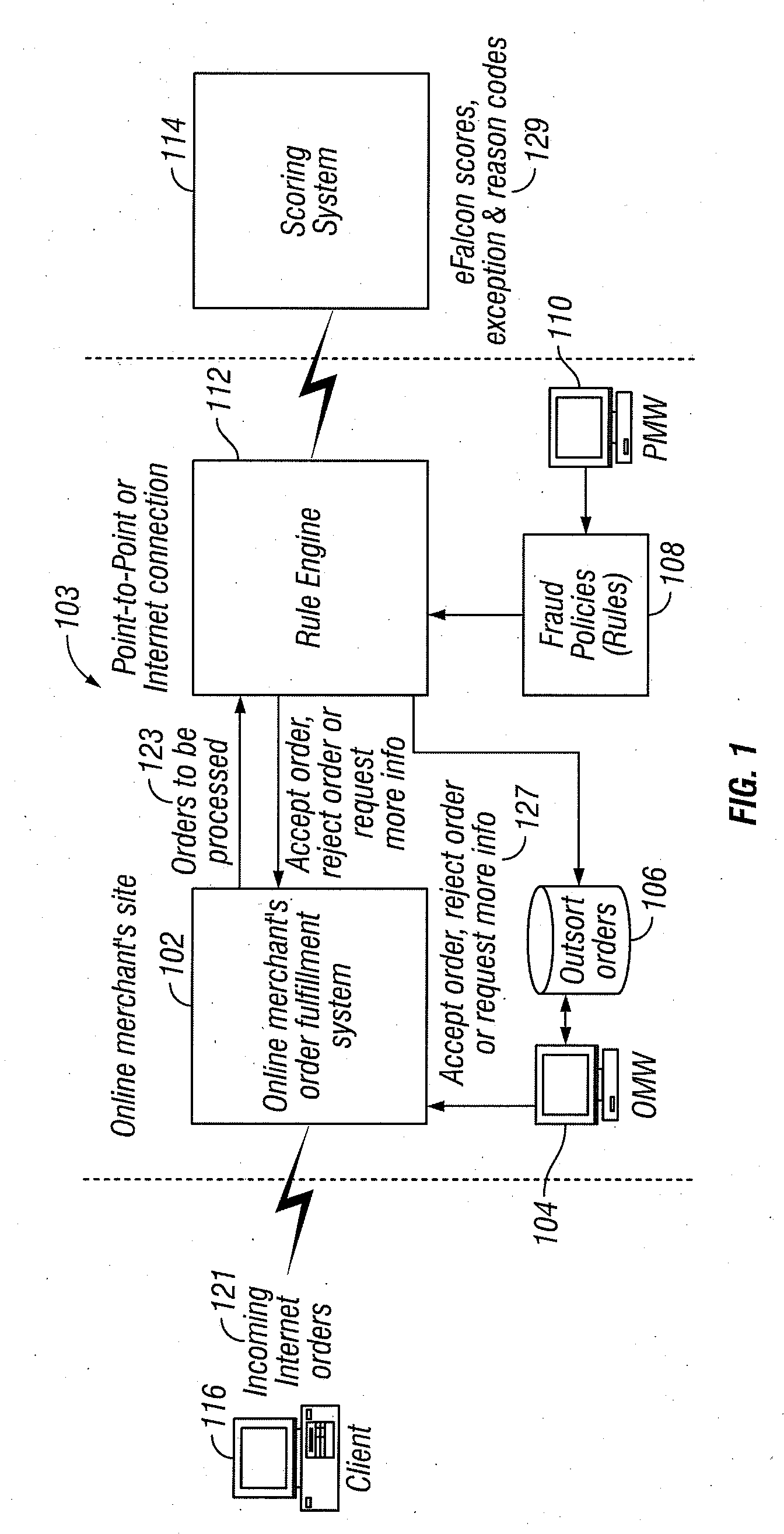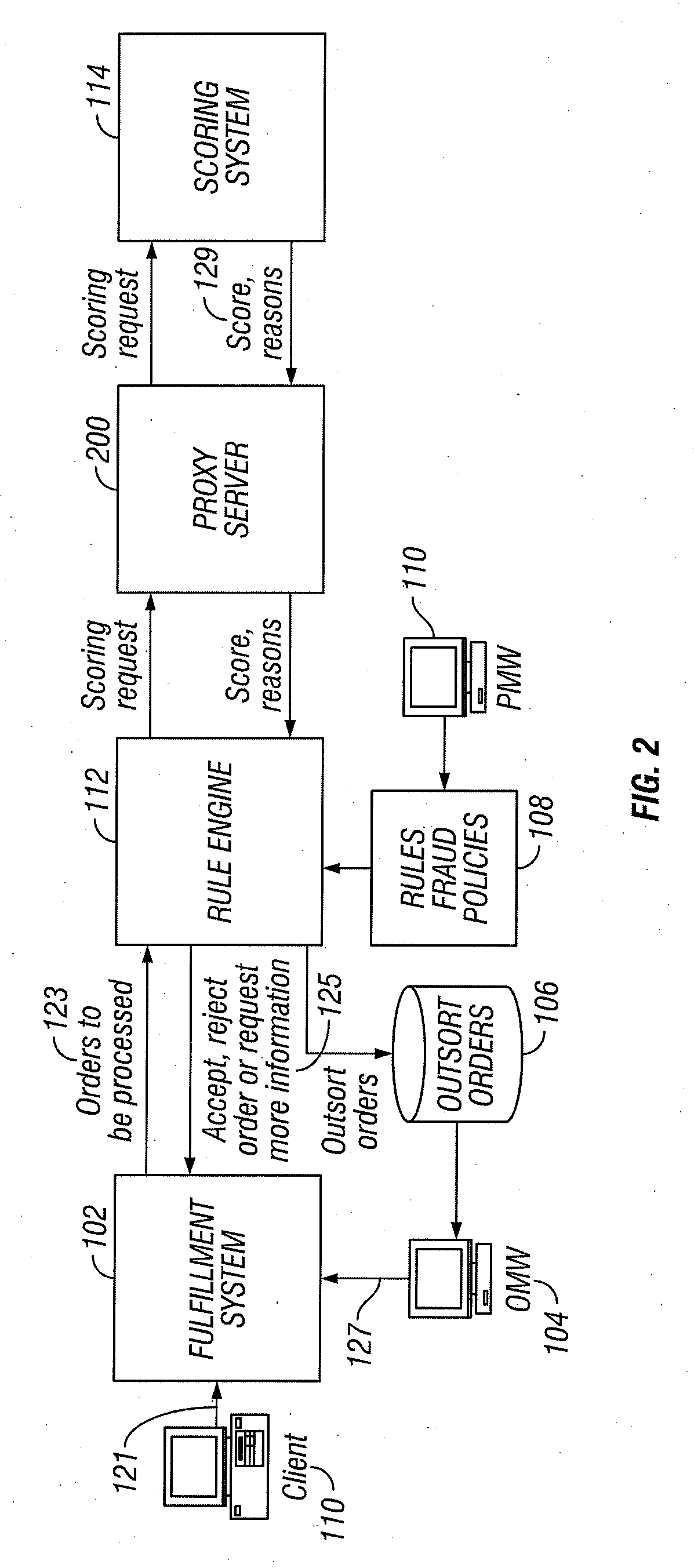There is, however, great risk associated with merchants doing business on
the Internet.
The
anonymity of online customers makes the incidence of fraud incomparably higher for online merchants than for
brick-and-
mortar, in-house shopping venues, where the customer is present for all transactions.
Recent reports state that “one in five online buyers has reportedly been a victim of Net-related fraud .
Credit card transactions present various significant risks to the merchant.
Online fraud presents the risk of huge revenue losses to Internet merchants.
When fraud occurs, both the
payment and the merchandise are gone.
When consumers use credit cards in person and fraudulent transactions occur, issuing banks reimburse cardholders.
With Internet commerce, however, the merchants, not the banks, must reimburse issuers for 100% of the fraudulent purchases.
Indeed, for large companies, which do all of their business over
the Internet based on CNP transactions, this loss
exposure can be in the tens of millions of dollars.
Beyond using a stolen
credit card or fabricated card number, other types of fraud abound in the online
purchasing arena.
For example, a husband may make charges and deny them to his wife, who in turn calls the card issuer and fervently disputes their bill.
In addition, merchants are responsible for loss from disputed charges when customers claim non-
receipt of goods, non-arrival of goods due to incorrect shipping addresses, or goods refused on delivery.
When online fraud occurs, however, shipping charges become the responsibility of the online merchant—yet another hit in the merchant's profitability.
Online merchants attempting to use parameter-based rules and negative files to determine
credit card fraud often watch their administrative costs skyrocket along with the increased
staffing needed for time-consuming fraud investigations.
Poorly managed fraud-control systems can lead to decreased customer satisfaction resulting in lost revenues.
Many online retailers burden their customers with lengthy and complex online-order forms in an attempt to minimize fraud, consequently resulting in unacceptably elevated order abandonment, as legitimate customers become frustrated, lose interest in pursuing their purchases, and flee to other vendors.
In the same
vein, worthy customers become insulted when inaccurate rules turn down their orders.
The misguided merchants then waste valuable marketing dollars attempting to replace the very customers they turned away.
The final blow—after months of escalating fines, if chargebacks exceed a small percentage of a merchant's overall credit-card sales, the merchant can lose the privilege of receiving
payment through credit card issuers.
Throughout the 1990's, banks issuing credit cards quickly determined that rule-based fraud approaches by themselves were ineffective because they: Allow an unacceptable level of fraud to flow through Have high false-positive rates, where numerous valid orders are turned away compared to the small amount of fraudulent orders detected Create a high volume of cases requiring human intervention Are difficult to manage Are slow to reflect new fraud situations
AVS has no international fraud detection capability, is inconsistent in its results, and, while providing some value, it is not designed for online transactions, and is by no means considered a complete solution for
Internet fraud detection and revenue optimization.
Also, such profiles make it possible to identify a pattern of transactions that are individually benign, but in aggregate indicates a likelihood of fraud.
This example becomes more complicated, if two different credit cards numbers are used.
A key is said to be unreliable if the likelihood of multiple individuals sharing the same key or multiple keys identifying the same individuals is not very low.
It is a fact of the Internet marketplace that there is no single reliable key that all buyers have and that is required to complete all transactions.
Instead, at best a multitude of unreliable keys that are frequently required (name, address, phone number, etc.).
The lack of a single reliable key is a fundamental problem with any effort to create a buyer's profile that tracks transactions at occur at multiple merchants and with different credit or debit cards.
This means that there is no simple way to identify the various transactions made by the same buyers as such merely by matching individual keys (e.g., matching name and address fields).
 Login to View More
Login to View More  Login to View More
Login to View More 


